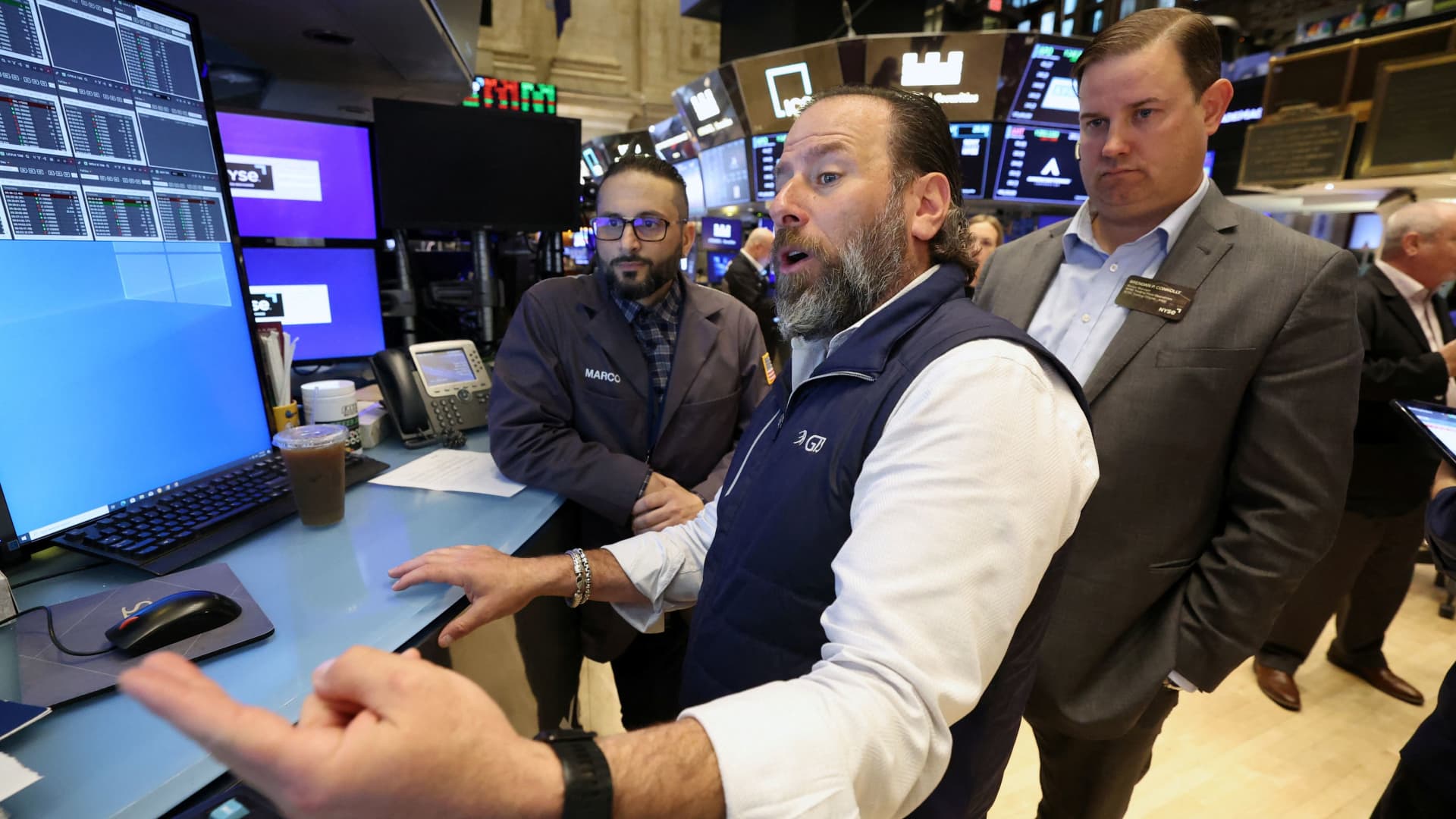Investors hoping that reduced trade tensions could push stocks to new heights will most likely be left disappointed, according to JPMorgan. Uncertainty from President Donald Trump’s tariff policies decimated the stock market’s performance to start the year. The S & P 500 tumbled 18.9% between its all-time high in February and its closing low in early April. But all three major averages have bounced back from those losses since April 2, when the president announced his reciprocal tariffs on the U.S.’s largest trading partners, followed by a 90-day suspension the following week. The S & P 500 has climbed 18.5% since the April 8 low, and is now little changed on the year, down just 0.1%, while the Dow Jones Industrial Average and Nasdaq Composite have respectively fallen 1.5% and 1.6% this year. But JPMorgan believes signs of fatigue among retail investors means further gains may be hard to come by. “A slowing of the retail impulse, more elevated equity exposures by equity focused hedge funds, largely completed short covering by macro hedge funds, and continued lack of buying by foreign investors, all together imply more limited upside for U.S. equities going forward,” wrote London-based strategist Nikolaos Panigirtzoglou in a note to clients published Wednesday. The analyst noted that retail activity was especially strong in March and April, when investor behavior was dominated by a buy-the-dip mentality. But that impulse among individual investors has slowed in May, underscoring a sense of fatigue. This, combined with more elevated equity exposures from stock-focused hedge funds, may signal that there are fewer available investors to jump into stocks and fuel further gains. “If one adds equity-focused hedge funds’ bullish positioning to the slowing of the retail impulse, a less favorable equity flow and positioning backdrop emerges,” Panigirtzoglou added. “Equity-focused hedge funds, including equity quant hedge funds, appear to have rebuilt their equity exposures during April after de-risking in February and March, effectively returning to the bullish stance of last January.” Meanwhile, Treasury International Capital data to be released this Friday will show the behavior of foreign investors in the month of March. The analyst said that there’s a “high risk” that this report will show outflows from U.S. equities by foreign investors, although he cautioned that selling of U.S. stocks by foreign investors might simply reflect hedge fund de-risking, “including hedge funds based in the U.S., rather than a reflection of selling by real money foreign investors.”





